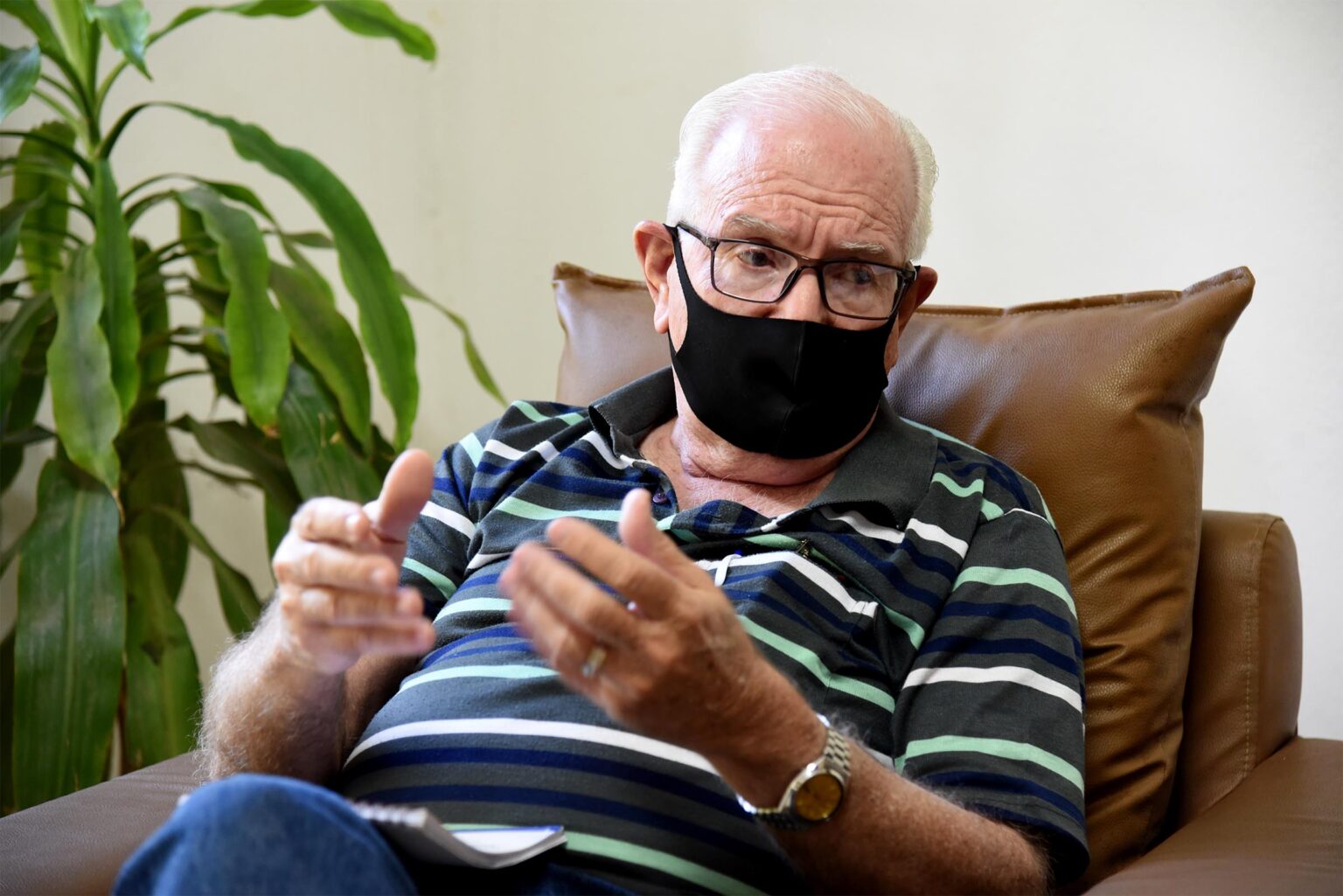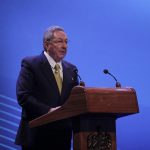Havana, Cuba: The Cuban economy is going through a difficult time today, but it has better conditions to get ahead than in the crisis of the 90s of the last century (special period), according to the economist José Luis Rodríguez.
The 2019 National Economy Award pointed out that there are external phenomena that exponentially affect the country’s performance, such as the US blockade, with more than 60 years of application, to which internal problems and the Covid-19 pandemic are added.
It is the perfect storm, a global economic and health crisis and, in addition, an internal economic situation with unresolved structural problems, three very serious factors that, when combined, have a negative impact, explained the advisor to the World Economy Research Center.
The expert assured that the crisis of the so-called special period was greater and that we are now in better conditions as a result of measures applied then to overcome this negative situation and also other decisions adopted in later years.
Experiences that we should take advantage of in the current context, he expressed.
Today, we have the development achieved in biotechnology and its future potential, tourism, income from the export of professional services, remittances, the results in consolidated sectors such as tobacco and nickel, and the possibilities offered by foreign investment.
However, in the opinion of the recently recognized with the National Prize for Social and Humanistic Sciences 2021, there are four absolutely priority elements for 2022.
These are the renegotiation of the foreign debt, executing an anti-inflationary program focused on solving the causes that generate inflation and not just attacking the consequences, as well as addressing food problems, in the understanding that it is a national security issue.
In addition, priority is required to resolve deficiencies in the energy sector, a situation that, in addition to impacting the economy, generates social tensions that can be exploited by the counterrevolution, as occurred on August 5, 1994 and last July 11, commented the former Minister of Economy of the island (1995-2009).
Rodríguez detailed the complexities of the current Cuban scenario marked by a 13 percent drop in the economy between 2019 and the first half of 2021, where even if growth forecasts are met in 2022 (four percent), it will take approximately between two and three years to reach pre-pandemic levels.
This is without taking into account that the blockade in Cuba has never felt as strong as it is right now, and that impact is demonstrated by the numbers, he asserted.
During the first 30 years of the Revolution, the blockade caused losses estimated at about 30 billion dollars, about a billion on average each year, while at the end of 2020 the damages reached more than 147 billion dollars and now the losses exceed five billion dollars a year.
In this context, there is also the challenge of channeling the Planning Task, which according to the economist has an impact on the population that is greater than what was calculated due to design and other implementation problems.
Coupled with calculations made on the basis of an economy that interrupted its incipient recovery at the beginning of 2021 when there was a strong resurgence of the pandemic, he added.
The process, with a strong devaluation of the Cuban peso, would have an impact on the increase in costs, for this reason the delivery of compensation in the salary and pensions of retirees was contemplated, taking into account the increase in prices of the products and services that would occur.
In general, several adjustments were made that were technically very sound for the economy, as was the case with the elimination of subsidies for retail prices, but with a greater impact than expected, he noted.
The effects of the outbreak of the pandemic, with the expenses that this implied, the paralysis of several sectors and the closure of tourism were added to this. It was a much more serious economic situation.
However, in the midst of this difficult situation is the feat of having been able to stop Covid-19 infections, because we were able to create our own vaccines based on the development achieved in biotechnology, which is not accidental, but rather responds to many years of efforts aimed at the development of science in our country under the direction of the Commander in Chief, emphasized the economist.

Redacción Digital
Equipo de redactores del sitio web de Radio Mayabeque



